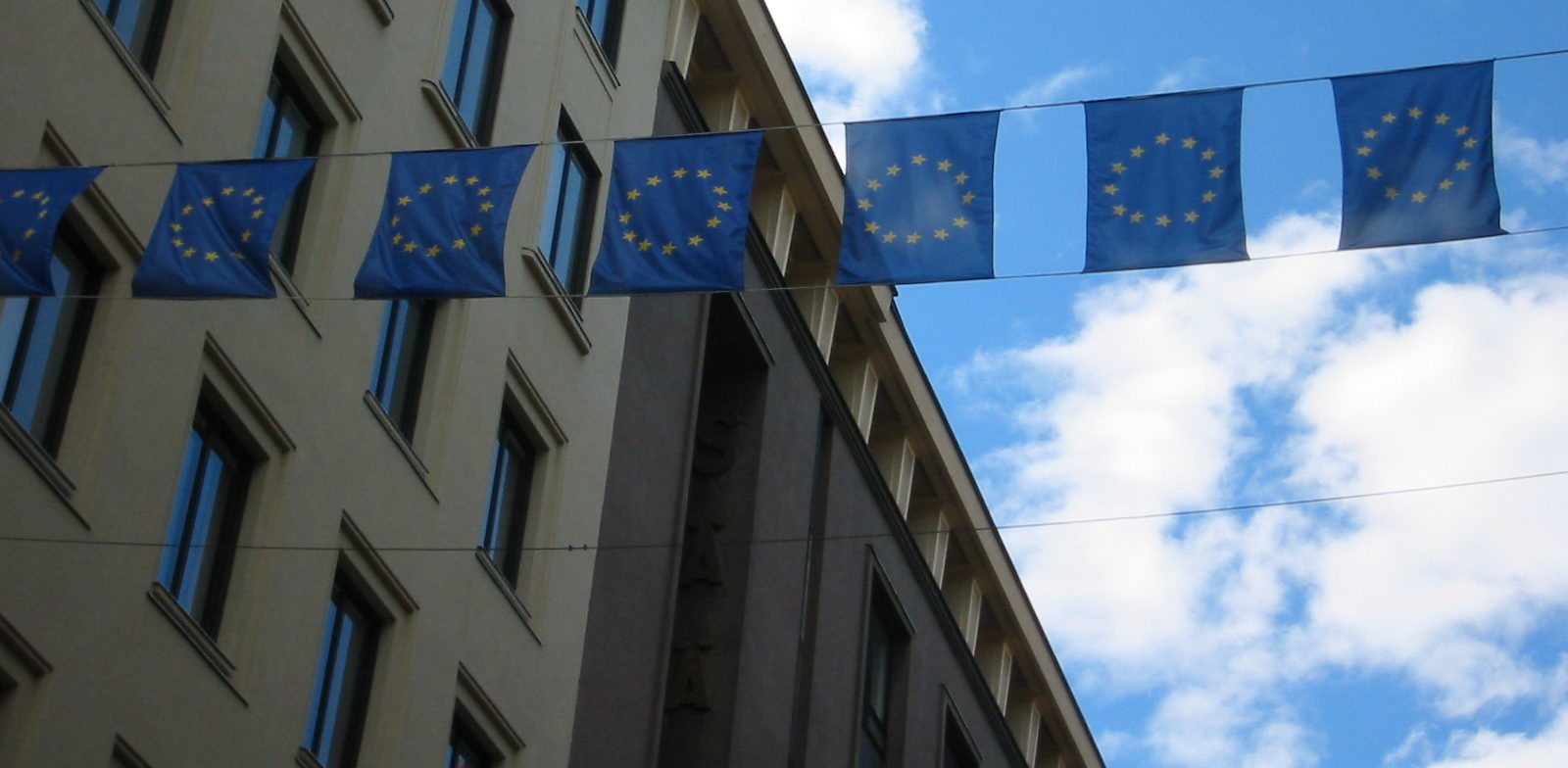What does Brexit mean for research funding at the University of Warwick?
Following a Freedom of Information request, the Boar can reveal the University of Warwick receives £13 million worth of research funding from the EU each year.
The 10 largest EU funded grants sponsor research into medicine, chemistry, mathematics, physics, business and economics.
The largest of these is the Health Research Grant; a grant of £4,317,170. The second largest gives £2,726,209 to aid research into analytical science for application to bacterial cell division. Analytical science is a key step in any fundamental or applied research programme.
The biggest grant given for research into mathematics is a five-year grant of £1,757,585 and is intended for study into the local structure of set, measures and currents. The aim is to develop new methods so as to answer several essential questions which have arisen from the recent development of modern analysis.
Other grants will fund research into genetic code (£2,505,513), polymers (a total of £3,258,522 across the two separate grants), astrophysics (£1,632,841), cognitive and social foundations (£1,502,347), solid-state nuclear magnetic resonance (£1,480,773) and productivity economics research (£1,469,281).
The University of Warwick receives £13 million worth of research funding from the EU each year.
Each grant allows world class research to be carried out into important topics which could benefit many people. For example, one of the grants given for research into polymers will help scientists look further into how polymers act efficiently to deliver anticancer drugs to cancer cells and enhance the drug activity.
Warwick also receives funding from the EU for non-research based projects. These include the Erasmus+ Programme grant, the Tempus project, Erasmus Mundus (PAIS) and Erasmus Mundus (Maths). In total the EU funds £1,334,000 for these projects.
Erasmus allows students from Warwick to study in selected universities across Europe. Tempus is a programme which supports the modernization of higher education in the EU’s partner countries.
Once the UK leave the EU, the University of Warwick will no longer benefit from this funding. It is as yet uncertain where replacement funding will be found.
We should remain confident in the quality of our research in the global competition for the funding our research needs and deserves.
Stuart Croft, Warwick’s Vice-Chancellor
Stuart Croft, Vice Chancellor of the University, however, has said he will argue that the UK should become part of the European research family. Norway and Switzerland are part of this family despite not being in the EU.
Mr. Croft has stated: “We should remain confident in the quality of our research in the global competition for the funding our research needs and deserves.”
Warwick has also recently made an agreement with Coventry University and Coventry and Warwickshire local government leaders to unite so as to ensure their concerns are heard when negotiations are made about Brexit.
Mr. Croft commented: “[I hope they] can work together in the region to show that [they] are committed to continuing to attract the international investment and global partnerships that bring economic growth.”

Comments